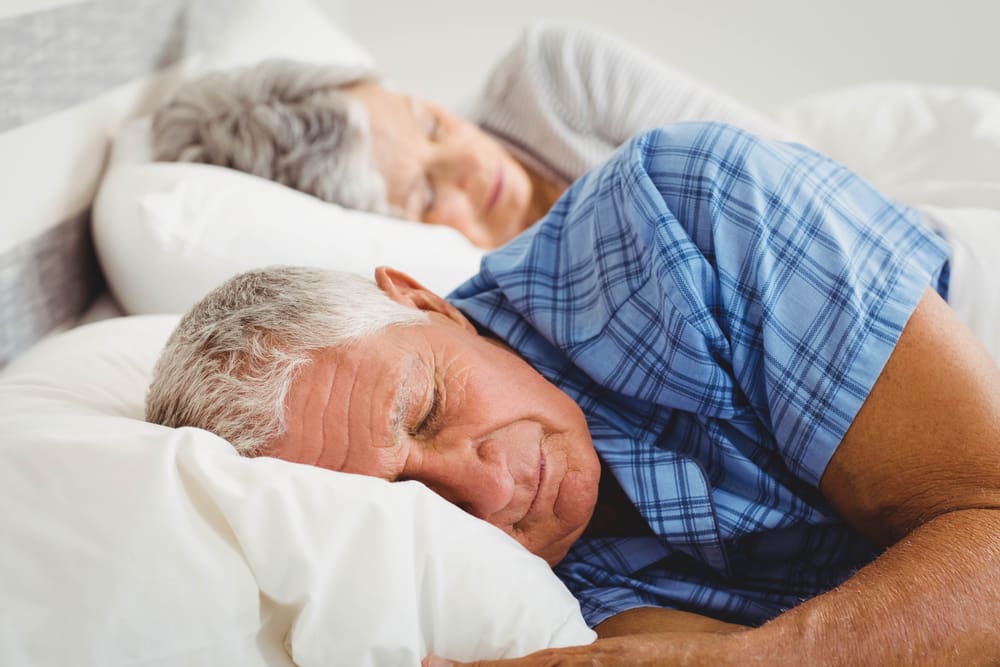Sleep has been identified as an issue for people who have had strokes. Researchers from the University of Surrey and University of Freiburg have urged those involved in stroke care and stroke rehabilitation to pay particular attention to their clients’ sleeping patterns.
Sleep has been identified as an issue for people who have had strokes. Researchers from the University of Surrey and University of Freiburg have urged those involved in stroke care and stroke rehabilitation to pay particular attention to their clients’ sleeping patterns.
The researchers wanted to find out how the sleep of people who have had strokes differs from that of elderly people who have not had strokes. Existing research comparing patients who have suffered strokes with control populations was compiled using polysomnography, the gold standard method to study sleep.
The study, published in the journal PLOS ONE, showed not only that sleep problems were common in people who had experienced one or more strokes, but also that there was a lack of understanding amongst professionals involved in stroke care about how stroke severity, lesion location and sleep are linked to physical and mental health.
“Sleep is essential for learning, mental and physical health in everybody but even more so for chronic stroke patients,” said lead author Professor Annette Sterr from the University of Surrey. “A comprehensive and holistic understanding of sleep is therefore needed to improve rehabilitation effectiveness and ensure quality long term care.”
Fiona Lowry, our CEO, commented: “This research is absolutely invaluable in shedding further light on the particular challenges faced by people who have experienced a stroke. Our ethos at The Good Care Group that mental wellbeing is just as important as physical wellbeing is borne out by the results of this study. Clearly, those involved in stroke care need to be aware of the very great importance of helping their clients to sleep well.”
